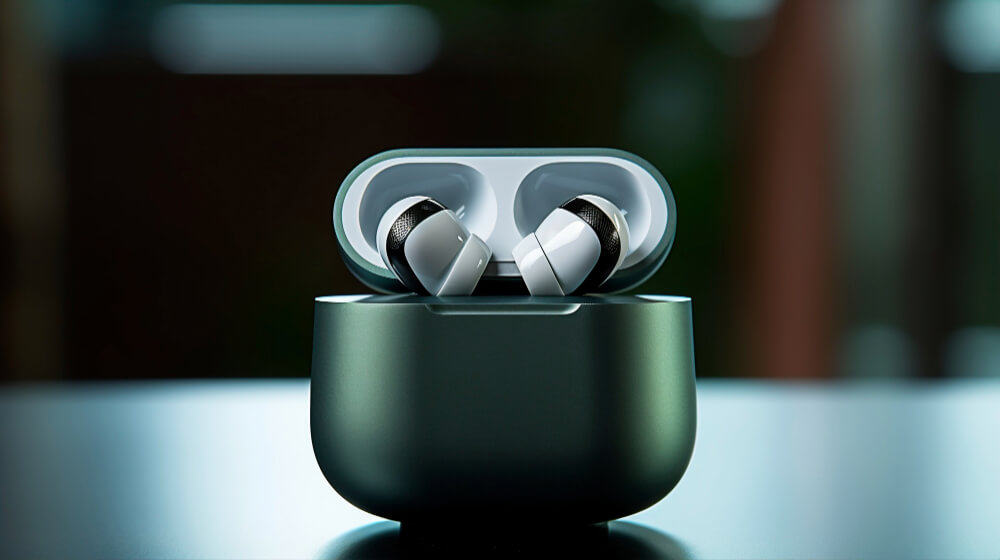How Does Coffee Effect Our Body?


Coffee was used as a medicine by healers in Africa and Arabia, and British doctors claimed in the 16th century that this beverage could cause dizziness, discouragement and insomnia, but what we know for sure today is that coffee should be enjoyed in moderation.
The body gets potassium, magnesium and calcium from coffee, but not in quantities sufficient for daily needs. More importantly, it contains chlorogenic acid which is an antioxidant.
It has approximately 850 aromatic compounds, many of which are formed only during the frying process, such as vitamin niacin (B3) and melanoids, which are responsible for its brown color. And they have an antioxidant effect, but also fiber useful for good bowel function.
- You could satisfy all your daily fiber needs with 28 cups of espresso – joked food chemist Sara Markart, who received her doctorate in the origin of bitter ingredients in coffee. Hundreds of aromas that contribute to that unique bitterness of coffee have yet to be identified.
However, one of them is very well known to scientists – caffeine.
How Does Caffeine Effect us?


Caffeine is a natural protection of the coffee tree from parasites and predators and has a direct impact on our central nervous system. Caffeine makes our heart beat faster, blood vessels and airways dilate, and the digestive system speeds up.
The effect is felt after only 15 minutes. Kafopies become more alert, more focused, more concentrated. Even the muscular system works better, which is why coffee was declared a sports doping, but in 2004 it was still removed from the list of banned substances.
In high doses, caffeine can be toxic, so those who overdo it with coffee become nervous, sweat, suffer from heart palpitations or insomnia.
Caffeine can be especially dangerous for people with canalopathy, a rare disorder of the electrolyte balance of the heart muscle, because it can encourage harmful arrhythmias.
How much Coffee can I Drink?


It depends on the way it is made and the type of coffee. Robusta has two to three times more caffeine than Arabica, and a cup of filter coffee usually has more caffeine than a cup of espress.
The European Food Safety Authority (EFSA) says a single dose of 200 milligrams of caffeine is safe. That’s about three espressos. You can double that dose during the day without worry.
However, pregnant women should be more careful, because some animal experiments have shown that too much caffeine results in slower fetal growth. Scientists have not yet determined whether caffeine increases the risk of premature birth or miscarriage.
EFSA believes that 200 milligrams a day is a safe amount for pregnant women, but it should be borne in mind that caffeine is also found in tea, cocoa and chocolate.
Can Children Drink Coffee Too?
Caffeine is not banned for young people because we find it in chocolate, fizzy drinks and chocolate anyway. EFSA has a rule for that too: three milligrams of caffeine a day per kilogram of body weight is fine.
A cup of coffee poses no danger to the child, but they probably won’t even want to try it because it’s too bitter for them.
Milk and sugar?
Any bartender or passionate coffee lover will tell you that adding sugar is sacrilege because it disrupts the natural taste of coffee, but many people claim that without sugar or milk to alleviate bitterness they cannot consume it.
Milk also changes the way coffee effects the body. Caffeine dissolves in milk and is released more slowly, so its effect lasts longer. Sugar raises insulin levels and stimulates circulation, which doubles the effect of caffeine, Markart explains.
Like many connoisseurs, she drinks her coffee black, but mainly to avoid gaining weight, because she consumes up to ten cups a day. Pure coffee has almost no calories, but with milk and sugar, that’s another story.
- Macchiato with whole milk has as many calories as snacks – said the spokeswoman of the German Society of Nutritionists, Zlike Restemayer. He says that the situation is even worse with iced coffee from the supermarket, which is full of sugar.


Can one fall a sleep after a late coffee?
It depends on the person, because some are more sensitive to caffeine than others. In general, older people are advised to avoid espresso after dinner, because their body breaks down caffeine more slowly.
Neither habit should be neglected. Anyone who has learned about late coffee will not have trouble sleeping.
Is it addictive?
Those who drink a lot of coffee are more “resistant” to caffeine, so they need more for the same effect.
Markart says that coffee is a stimulant, but it is not a drug “because no one broke into the supermarket to steal it”. People are more dependent on the ritual of drinking morning coffee.
Physical withdrawal symptoms are possible. Namely, if you abruptly stop with the usual amount of coffee, you could suffer from a headache for a few days.
Is it true that coffee leads to dehydration?
No. It stimulates the work of the kidneys, so urination is more frequent. But drinking coffee also absorbs liquid.
Does it increase blood pressure?
Yes, but in the short term. In the long run, most coffee lovers do not have to worry about this, although there are two exceptions. If your body metabolizes caffeine very slowly, there may be an increased risk of high blood pressure. An interesting fact is that for obese men older than 70, coffee can permanently increase blood pressure.
That is why people with high blood pressure should not consume more than three cups of coffee a day or should reach for the decaffeinated variant.
Coffees don’t have to worry about heart attacks and strokes or arrhythmias either, as long as they don’t overdo it.
An extensive study from 2014 showed that the risk of stroke is the lowest in people who drink coffee in moderation, and that is an average of three and a half cups a day. Antioxidants in coffee are thought to protect against stroke.
Does coffee increase the risk of cancer?
Roasting coffee beans can create substances that have been shown to be carcinogenic, such as acrylamide. The higher the roasting temperature, the more it is in the coffee.
The EU prescribed in 2018 that acrylamide should be 400 micrograms per kilogram of roasted coffee, and the analysis from 2019 showed that all brands have less than that.
And what should coffee drinkers do to stay healthy?
For example, avoid instant coffee, because it has more acrylamide than filter coffee or espresso. In addition, Arabica contains less acrylamide than Robusta, experts say.
Roasting also produces the chemical compound furan, which is considered carcinogenic, but furan mostly evaporates during cooking in a classic filter coffee machine. And therefore, experts say, you should leave the cup to “stand” for a few minutes before the first sip.
The International Agency for Research on Cancer (IARC) does not generally consider coffee to be carcinogenic. The bigger problem is that many coffee lovers have other unhealthy habits, such as smoking.
The IARC has even found evidence that coffee reduces the risk of liver and uterine cancer.
Is coffee healthy?
Scientists have found numerous indications that antioxidants and other coffee ingredients play a protective role against a number of diseases such as diabetes, cirrhosis and liver fibrosis, gallstones, asthma, Parkinson’s and Alzheimer’s disease, and depression.
It is best to combine coffee with a healthy lifestyle, a balanced diet and exercise. If alcohol and cigarettes are your alternative, it is better to drink another cup.
Also Read:
- Amazing Benefits of Mango for the Skin Health
- Coconut Water Benefits for Health, Boosting Immunity in Covid-19
- 5 Super Foods to Boost Immune System Naturally
- What are the Health Benefits of Dragon Fruit
- What are the Health Benefits of Melon
- 6 Amazing Health Benefits of Custard Apple (Sitaphal)
- Mango Health Benefits: Nutrition and How to Eat It
- 7 Amazing Health Benefits of cherries Fruits
- What is Fat Burning Soup Diet Plan and its Recipe
- Top 6 Fat Burning Foods










